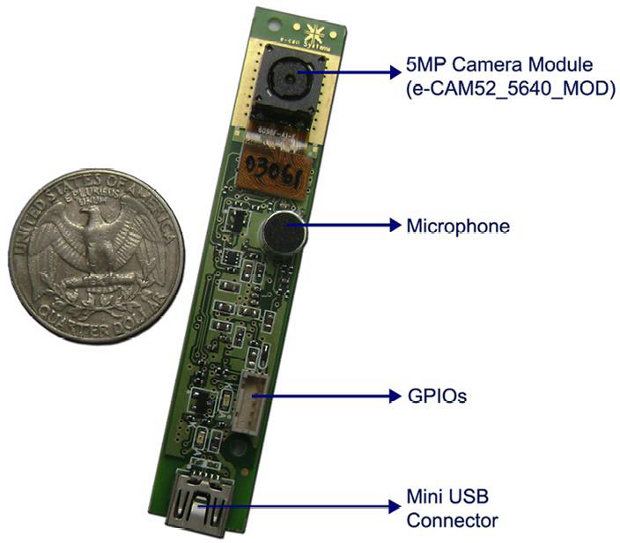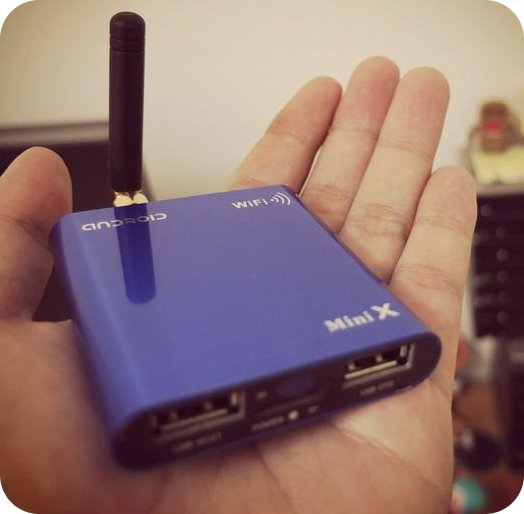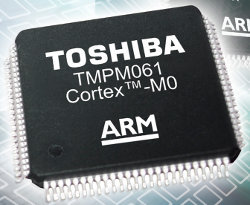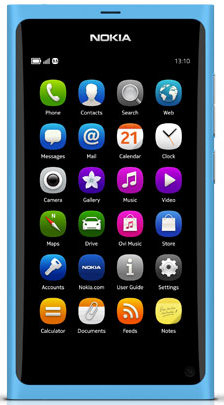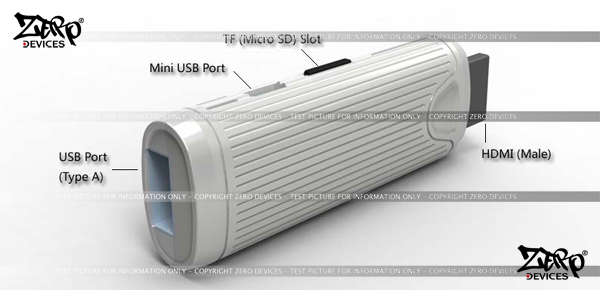e-con Systems, an embedded design services company specializing in the development of camera solutions, has just announced the launch of e-CAM51_USB USB Camera comprised of a 5-megapixel Autofocus Camera Module (e-CAM52_5640_MOD) based on OmniVision OV5640 CMOS image sensor.This camera module targets document camera visualizers, interactive teaching & meeting solutions, OCR, scientific research, telemedicine/health, biometrics and robotics applications. The e-CAM51_USB camera module supports GPIO and microphone with an integrated analog-to-digital converter (ADC). It does not require specific drivers since it is compliant with USB Video Class (UVC) and USB Audio Class (UAC). OmniVision OV5640 CameraChip sensor features automatic image control functions such as: Automatic exposure control (AEC) Automatic white balance (AWB) Automatic band filter (ABF) 50/60Hz automatic luminance detection Automatic black level calibration (ABLC) Most of these features are supported via the standard UVC protocol providing good applications interoperability on Linux and Windows. Some e-CAM51_USB features such as GPIO control, Auto […]
Samsung Releases Galaxy S3 Source Code
Samsung Galaxy S III has just hit the shelves in several countries and Samsung has decided it was a good time to release the source code for the device (codenamed GT-I9300). Two files are available: the original release (GT-I9300_ICS_Opensource.zip – 189 MB) and a new update (GT-I9300_ICS_Opensource_Update1.zip – 190 MB) which can both be downloaded here after accepting some legalese. Alternatively, you can also clone the kernel code from github @ https://github.com/sgs3/GT-I9300_Kernel which is just an import of the file(s) above.
MINI X Android 2.3 Network Media Player Based on AllWinner A10
Here’s another tiny device based on AllWinner A10 processor. The MINI X is an Android 2.3.4 set-top box with 512MB RAM and 4GB NAND Flash that costs 77.50 USD including worldwide shipping. Here are the device specifications: CPU – AllWinner A10 (Cortex A8) with Mali-400 GPU Memory – 512MB DDR3 RAM Storage – 4GB NAND Flash, microSD slot Video Output – HDMI 1.3 USB – 2x USB 2.0 host Connectivity – WiFi 802.11 b/g/n Video Formats – MKV, TS, TP, M2TS, RM/RMVB, BD-ISO, AVI, MPG, VOB, DAT, ASF, TRP, FLV etc Video Codecs – MPEG1/2/4, H.264, VC-1, Divx, Xvid, RM8/9/10, VP6 Subtitle – SRT, SUB, IDX, SSA, SMI Audio Formats – MP3, ACC, OGG, WMA, WAV, M4A, APE Image format – JPG, BMP,GIF, TIF, PNG IR Remote Control Dimension: 72 x 61 x 13mm Weight: 51g This device is half-way between the MK802 HDMI stick and the Mele A1000 STB. […]
Willow Garage Launches The Open Source Robotics Foundation (OSRF)
Willow Garage announces the formation of the Open Source Robotics Foundation (OSRF), an independent, non-profit organization founded by members of the global robotics community whose goal is to support the development, distribution, and adoption of open source software for use in robotics research, education, and product development. The OSRF Board of Directors is composed of the following members: Wolfram Burgard. Dr. Burgard, a professor at the University of Freiburg, heading the Laboratory for Autonomous Intelligent Systems. His major research interests lie in mobile robotics, state estimation and control, as well as artificial intelligence. Ryan Gariepy, co-founder and CTO of Clearpath Robotics. Clearpath Robotics is a company specializing in the design and manufacture of unmanned vehicle solutions for industrial R&D. Brian Gerkey, Director of Open Source Development at Willow Garage who has worked on the open source Robot Operating System (ROS) since 2008. Dr. Gerkey will be CEO of the OSRF. Helen […]
NTT Docomo Showcases Smartphone Prototype with See-through Touch Panel
NTT Docomo and Fujitsus have jointly developed a smartphone prototype with a 2.4″ see-through OLED display (QVGA) that has touch sensors both on its front and back sides and NTT Docomo is currently exhibiting the device and showcasing the corresponding new innovative user interface at Wireless Japan 2012, until June 1, 2012, in Tokyo. The backside touch panel can be operated by using the forefinger and there are several ways to take advantage of a see-through display in the UI including: Operate the notification bar from the back side of the panel with a finger Hold an icon with a finger of one hand from the back side of the panel and stroke the front side of the panel with a forefinger of the other hand to move the home screen on which the icon is placed Play Rubik’s Cube by spinning the cube when the back side is not […]
Toshiba Unveils TMPM061 Cortex-M0 MCU for Smart Meters
Toshiba America Electronic Components (TAEC) has announced the TMPM061, a new 32-bit ARM Cortex-M0 MCU specifically designed for smart metering applications. This new micro-controller provides a single chip solution for smart meters, eliminating the need for the two-chip approach with an analog front end (AFE) and a MCU, delivering a smaller footprint and lower costs. In order to simplify smart meter power measurement, the TMPM061 features an onboard power calculation engine that can calculate active energy, reactive energy and power factor as well as monitoring voltage and frequency fluctuation. In addition, the TMPM061 features up to 128KB on-chip Flash ROM and 8KB on-chip RAM, as well as on-board peripherals including: 3-channel 24-bit Delta-Sigma analog-to-digital converter (ADC) supporting sampling up to 6 kHz 10-bit ADC Temperature-compensated real-time clock (RTC). 9-channel 16-bit timer LCD display controller Temperature sensor Voltage detection circuit Watchdog timer 5-channel general-purpose serial interface Serial bus interface (I2C bus mode or […]
Experienced Qt4 Mobile Developer? Get A Free Nokia N9 / N950 Smartphone
Quim Gil, in charge of developers relation at Nokia, announced on Maemo.org, that Nokia is currently looking for experienced Qt developers willing to port or develop apps running on top of Qt 5 before its finally release in August/September 2012 and will provide a Nokia N9 or N950 smartphones (running Meego) to selected developers. The goals of this device program are as follows: Testing Qt 5 itself and providing feedback while it’s alpha/beta. Testing the Qt 5 libraries for the Nokia N9. Developers feedback for port from Qt 4 to Qt 5, whether is was easy, a nightmare… and comments on difficulties experienced, Qt Creator and the documentation. Testing new Qt 5 features such as Qt Quick 2, textures, transitions, graphics / video effects, raw OpenGL ES stuff, post-Mobility APIs, the new Qt WebKit, JSON DB, ongoing R&D on PhoneGap own JQuery based experiments, etc… This new device program has […]
Zero Devices Z900 Android 4.0 HDMI Stick
A reader (Thanks Javier!) tipped me about the Zero Devices Z900, an upcoming Android 4.0 mini PC, by one of the companies providing the MK802 / Z802 mini PC. Here are the unofficial specifications: ARM Processor @ 1Ghz with Mali-400 GPU (AllWinner A10 ?, Wrong guess. It’s Telechips TCC8925) 512 MB RAM 4 GB Flash and microSD slot HDMI video output Wi-Fi 802.11 b/g/n 1x USB 2.0 port and 1x mini USB port (power) OS – Android 4.0 Dimensions – 89 x 32 x 18 mm Weight – 38 grams This little device also support 3D video playback. Availability and pricing are not available yet, but we can expect it to be in the same price range of his little brother (MK802 / Z802) that is around 70 to 80 USD including shipping. Since it has an HDMI male connector, it can be more convenient than the MK802 as you […]


